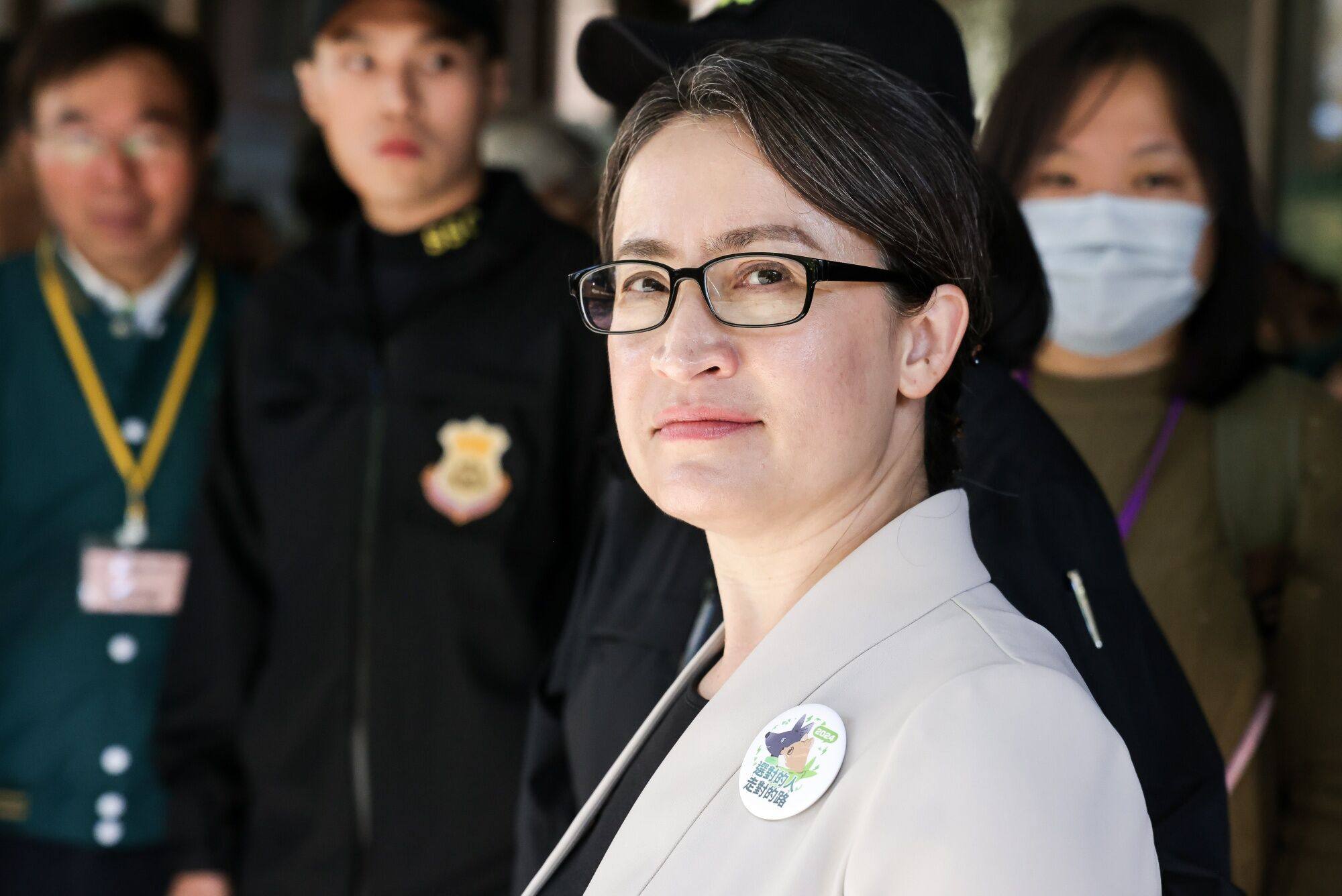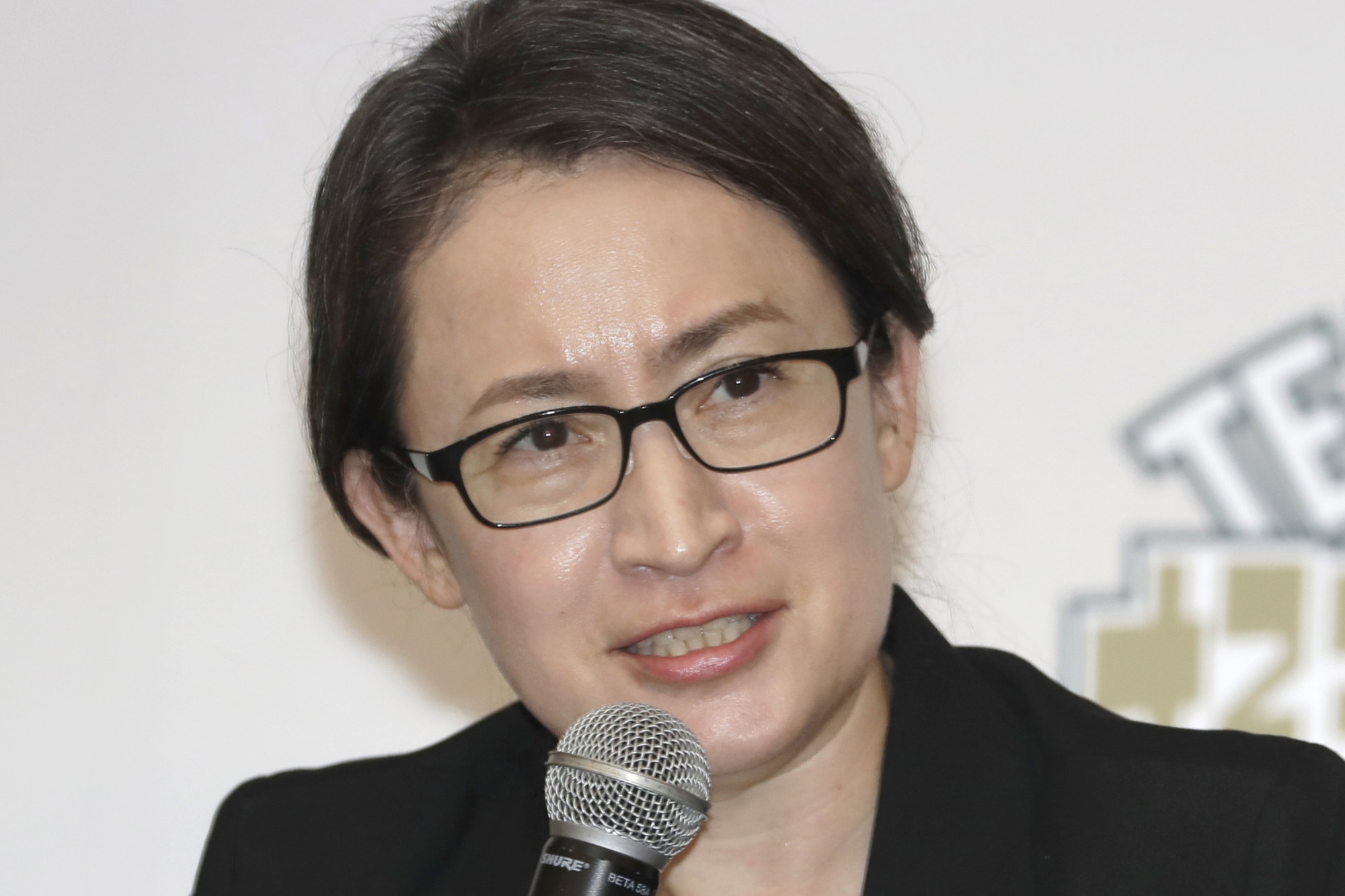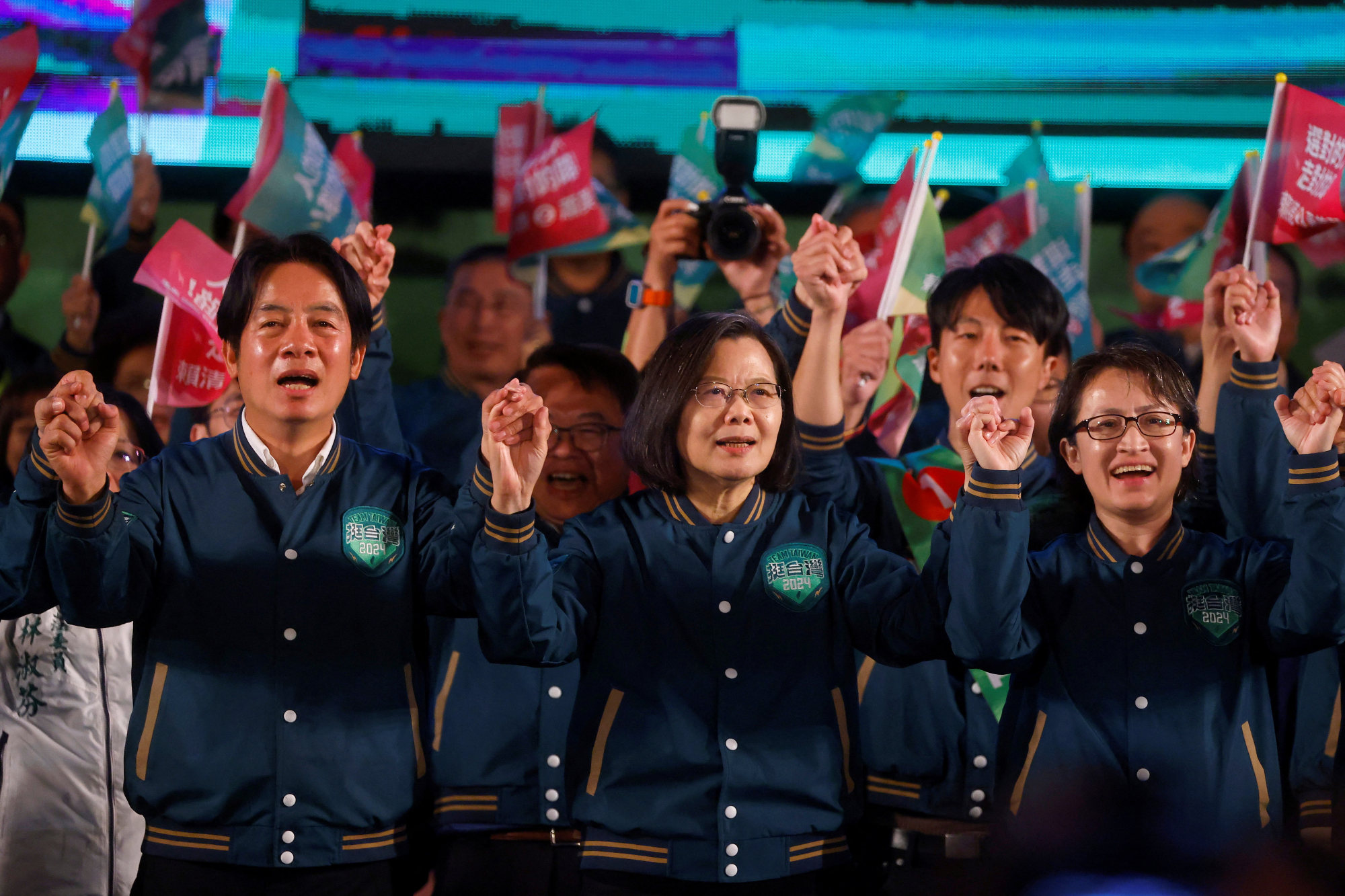Hsiao has strong foreign-policy and national-security chops, enjoys broad support in Washington and knows US-Taiwan policy issues intimately.

But Hsiao will plough new ground when she is sworn in on Monday alongside Lai. Taiwan has never had a powerful vice-president, the position has no formal constitutional role and Lai likes to run the show.
“I don’t think all the division of labour has been worked out, but he’s said he wants her to play a leading role,” said Bonnie Glaser of the Washington-based German Marshall Fund.
“When it comes down to major decisions, she’s not going to be making them without him. And we don’t know if there is daylight between them.”
Glaser believed Lai and Hsiao have a good relationship, but added: “They’ve never worked together and they don’t know each other that well.”
“China doesn’t really like her appointment as VP,” said Ava Shen of the Washington-based Eurasia Group.
“They’re worried that, because she’s so well-connected In Washington, she’ll be able to help Lai bring the US and Taiwan closer together. And that’s something that China doesn’t want.”
Beijing sees Taiwan as part of China to be reunited by force if necessary.
Most countries, including the US, do not recognise Taiwan as an independent state. But Washington is opposed to any attempt to take the island by force and is committed to supplying it with weapons.
Hsiao built up extensive experience and goodwill during her stint as head of the Taipei Economic and Cultural Representative Office in Washington – Taiwan’s de facto embassy in the US – acquiring a level of influence sure to concern Beijing, analysts say.
“The branding campaigns that try to identify Taiwan with values such as democracy and transparency are valuable tools and she is very skilled at them,” said Simona Grano of the US-based Asia Society Policy Institute.
“She has carefully been constructing the image of a hard-working diplomat intent on cultivating ties with like-minded democracies through soft power.”
Part of that effort has involved drawing a sharp contrast with China’s “hard power and wolf-warrior diplomacy, calling herself a cat-warrior for Taiwan”, Grano added.

Hsiao has also shown a real skill connecting with Americans.
After spending her childhood in Tainan, Taiwan, Hsiao moved to the US to pursue a bachelor’s degree at Oberlin College and a master’s in political science at Columbia University.
That background has given her a unique ability to frame issues and debate skilfully in the American vernacular.
“She’s very competent, direct, assertive and seemed to know her district and her constituents really well,” said Rorry Daniels of the Asia Society Policy Institute, who has met Hsiao multiple times.
“She’s a straight shooter, not a retail politician like Lai. But she can deliver the message with warmth and personality and gravitas.”
“They’ve been supremely quiet on who she saw. But I would be surprised if she didn’t talk to Kurt. They’re old buddies,” said Michael Fonte, director of the DPP’s mission in Washington. “Everybody does think she will be the US whisperer for Lai.”
The Chinese embassy in Washington voiced its displeasure over the trip.
“We firmly oppose any visit by Hsiao Bi-khim to the US in any name or under whatever pretext,” said embassy spokesman Liu Pengyu, adding that Washington should “not arrange any form of contact between … US government officials and Hsiao Bi-khim”.
One major US-Taiwan issue that Hsiao worked on closely – and reportedly hoped to conclude before leaving Washington – is the US-Taiwan initiative on 21st-century trade, a government-led push to reach bilateral agreements.
The two sides completed the first stage of negotiations earlier this month, but the proclamations of agreement masked tougher negotiations ahead.
“If Lai compromises on pork and beef, they’ll face huge problems with other parts of their agenda,” said Glaser. “It might not be a good time to look like he’s a toady of the United States.”

Hsiao is well liked in Washington, but she has also ruffled some feathers.
“She pissed off a lot of people while she was here,” said one analyst who spoke on background citing ongoing relations with Taiwan. “She went a little too far.”
Hsiao also tried behind the scenes to change the name of the Taipei Economic and Cultural Representative Office to include “Taiwan”, analysts said.
“We need some degree of clarity,” Hsiao told The Washington Post in 2020.
Another analyst, who supports the opposition Kuomintang party and is very familiar with Lai’s electoral district, said the president-elect enjoys the limelight and may have trouble ceding much foreign-policy responsibility to Hsiao, given her popularity and his fear of being upstaged.
Even if tensions emerged behind the scenes, however, Lai and Hsiao are expected to work hard at projecting harmony in light of their relatively tenuous political mandate.
Said Grano: “They will be careful to separate their roles and strive for a united team or it will weaken their already weakened position, given that they now have lost the legislative majority.”

